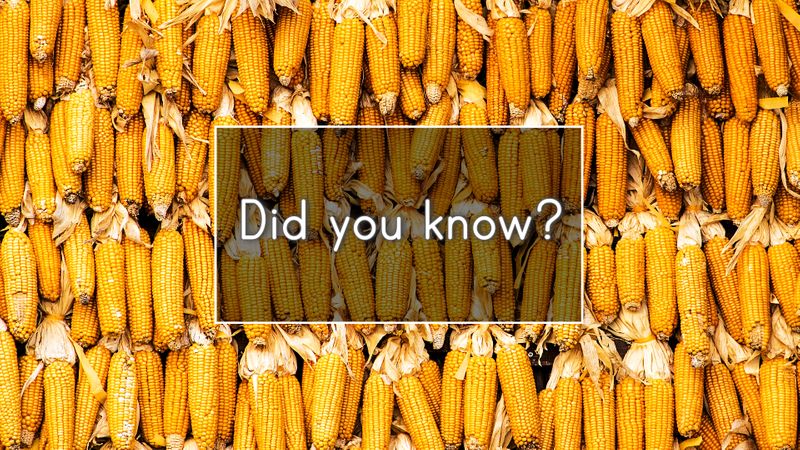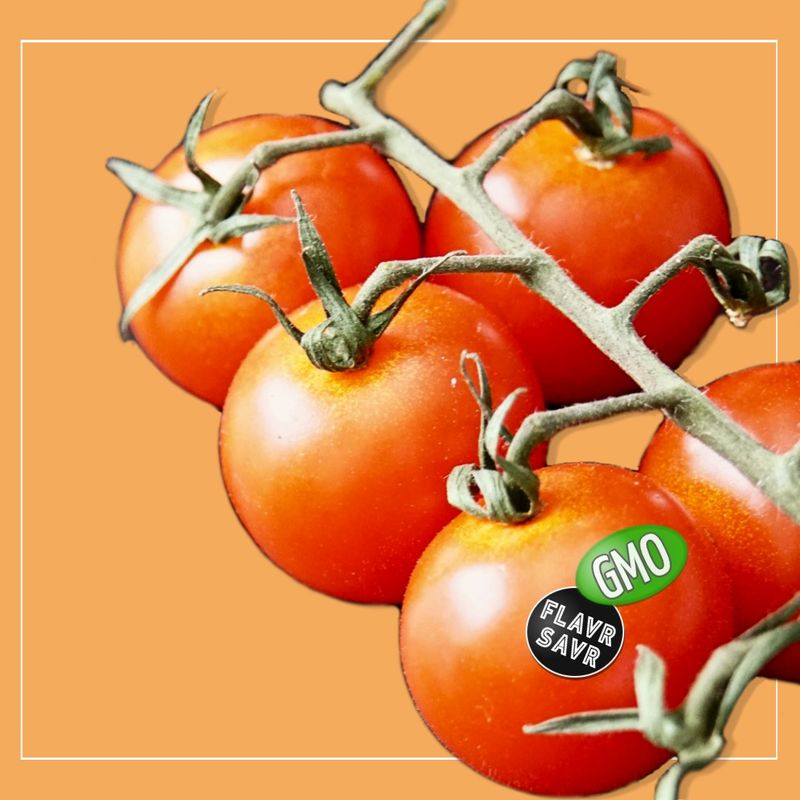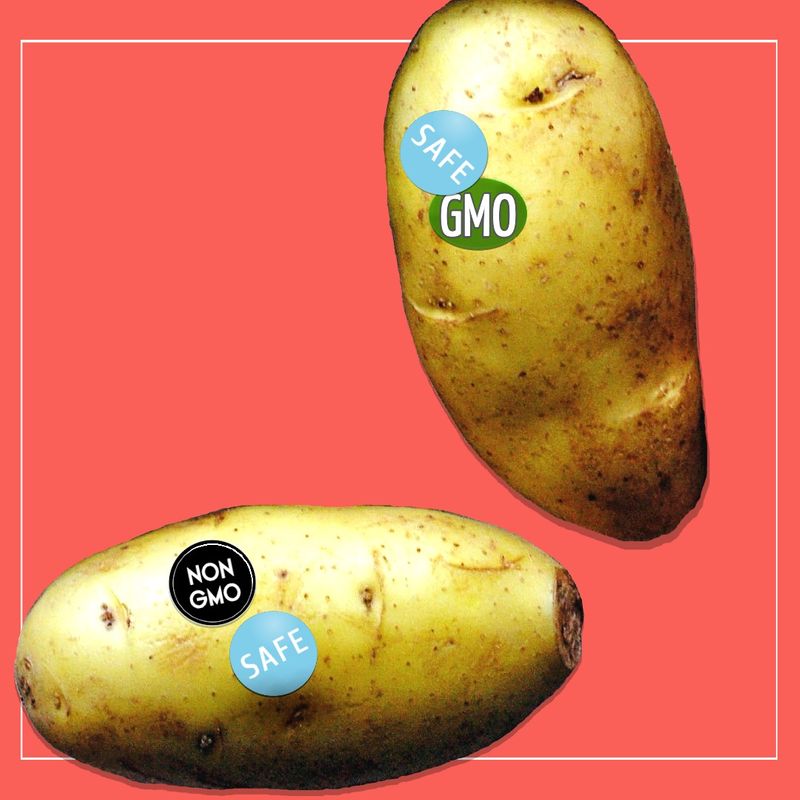 Original photo by zoo_monkey on unSplash. Illustration by author.
Original photo by zoo_monkey on unSplash. Illustration by author.
Approximately 85% of the corn grown in the U.S. is genetically modified.
In fact, in 2020, the majority of cotton, alfalfa, papaya, sugar beet, and soybean crops produced in the U.S. were genetically modified organisms (GMOs).
Many varieties of GMOshave been adopted globally by farmers, and their products are readily available on our supermarket shelves.
Do not fear! These fiendishly-called "Frankenstein foods" are NOT a cause for fright over your health, nutrition, or safety.
What Are GMOs?
GMOs are living things whose DNA is changed using biotechnology.
Other terms to describe organisms with edited genomes include:
genetically modified (GM)
genetically engineered (GE)
bioengineered (BE)
Biotechnology enables us to eliminate, enhance, rearrange, and introduce specific genes into an organism's DNA - even from another species!
Benefits To Producers
Gene editing through genetic engineering primarily benefits farmers and crop cultivation.
It produces crops that are resistant to:
Drought
Flooding
Freezing
Disease
Infection
Pests
Herbicides
Ripening
In 1994, "Flavr Savr" tomatoes became the first GM food crop licensed for consumption.
The tomato is modified to include genes that inhibit the production of a natural tomato protein.
This change slows the ripening process and increases the tomato's shelf-life from harvest to your kitchen!
 Original photo by Hanna Stolt on unSplash. Illustration by author.
Original photo by Hanna Stolt on unSplash. Illustration by author.
Quiz
Koa planted GM Rainbow papaya seeds that resist damage caused by the papaya ringspot virus. What would be the benefit of this GM seed?
Benefits To Consumers
The future of GM foods may directly benefit your eating experience!
Bioengineering can create foods with:
better taste
greater variety
improved nutrition
 Original photo by Pille-Riin Priske on unSplash. Illustration by author.
Original photo by Pille-Riin Priske on unSplash. Illustration by author.
In the 1990s, scientists developed "golden rice" to help those suffering from vitamin A deficiency. The GE rice contains genes that code for beta-carotene - a precursor to vitamin A - giving it a golden hue.
Safety
All food must be deemed safe and nutritious by government agencies for you to purchase it.
Furthermore, GM foods are thoroughly researched and tested for their effect on human health and the environment by:
chemists
nutritionists
toxicologists
microbiologists
molecular biologists
 Original photo by Nicolas Dmítrichev on unSplash. Illustration by author.
Original photo by Nicolas Dmítrichev on unSplash. Illustration by author.
Over 30 years of research shows NO DIFFERENCE between GM foods and non-GMO food impacts on human health.
GMO regulation varies from country to country. The legislation is likely to change as the technology and debate continue to evolve around GMOs.
Take Action
The next time you pick up a food item, check:
Your feedback matters to us.
This Byte helped me better understand the topic.
